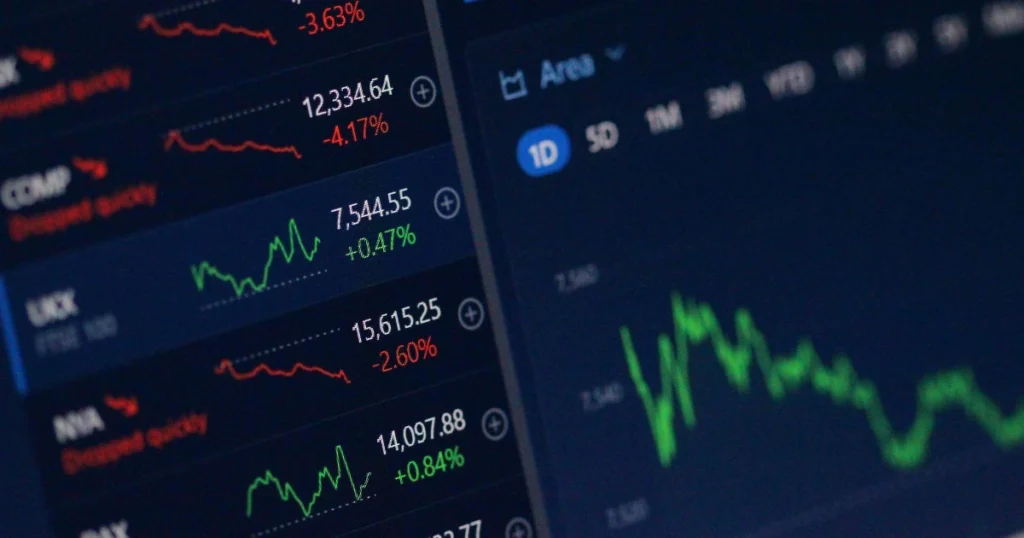What Is Website Migration? | Fifteen Design
A website migration is a term used to describe any significant changes to a website’s setup. This can include changes such as a URL or domain name change or even more complex changes such as the migration of a website to an entirely new server host or in extreme cases moving the website platform itself.
Read on to explore the process of a website migration, the risks that can come from this process as well as what you’ll need on your website migration checklist if you’re about to take on this task.
What is the website migration process?
Different platforms allow different features, appearances, and performances so it may be necessary to switch platforms should the need arise. Platforms also update and change functionality themselves to improve which can often lead to a need for website migration. These updates can range from minor bug fixes and small feature updates to major version upgrades with completely new features, UX, and more.
Website redesign is an entirely separate type of migration. One would still keep one’s files and content yet a migration is often still necessary due to capacity or software requirements. There are consequences for updating to new and better technology and design such as acquiring new hosts, moving to new platforms, and changing to a fresh domain. This requires the website to set up competent 301 redirects in order to redirect the users to the new URLs.
A crucial part of rebrands is site redesigns. Design changes can increase user experience as well as make certain functions more obvious and accessible. Over design unfortunately can lead to code with bugs or completely misalign the site’s architecture. Ultimately well-implemented web redesign can lead to an improvement in traffic and accessibility yet poor redesign can lead to 404 errors and failed SEO.
For example, imagine a huge e-commerce site undergoing a massive redesign. If a web developer who doesn’t know the ins and outs of the site is tasked with combining pages or re-structuring their navigation menu to fit a new design, the site could end up with many 404 pages.
A website change itself can seriously affect a website’s visibility regarding Search Engine Optimization or SEO and so it is a decision that must be seriously considered before it is implemented as it can lead to a drastic loss of income and traffic if handled poorly.
It is possible however to perform a successful migration without a loss in earnings or traffic and in many cases, it may even be possible to boost visibility by using a more relevant domain name.
What should be on my website migration checklist?
Due to the varying risks involved when migrating a website it is important to ensure that as much as possible is done to prevent or reduce damage to traffic and performance. Some of the following listed below can help with this:
Decide how necessary the migration is
Think carefully about how urgent it is that the migration needs to be performed. In some cases it is unavoidable or necessary for growth but it is important to understand that the migration can lead to issues if handled poorly and there may be other actions that can be implemented instead of having to attempt a full migration. If in doubt, it may be wiser to higher professionals with a great track record to handle the migration for you.
Create a backup of the website
In the event of the website migration or launch failing it would be very useful to have the option to backtrack changes and revert to the previous site. You should have a clear plan of action to be put into place in the event of failure and be fully confident that the backup can be utilised if necessary. This can save a lot of time and could turn a possible catastrophic failure into a minor inconvenience.
Site crawling
Crawling your website to create a detailed and comprehensive list of URLs and content will be a valuable resource that you can use when redirecting your old URLs in your new setup.
Retain ownership of your old domain
It is crucial that you have access to your old domain even after the migration is fully completed. You may need the backlinks from the previous domain and furthermore this can double up as a further backup for your site until you are certain that you no longer need it.
Closing Thoughts
Unfortunately there is no guaranteed way to ensure that a website migration will go fully according to plan the first time yet with a strong fail safe system one can be prepared for most contingencies and can at the very least roll back to an older version.
On the flip side, well planned migration can mean that your site will lose little to no traffic or revenue and still benefit from the upgrades of the migration itself. That’s where our expert web development team can step in to help. If you’re thinking about completing a website migration, or you’re unsure if it’s necessary for you and your business, get in touch with us today and we’ll advise you on the next best steps.







